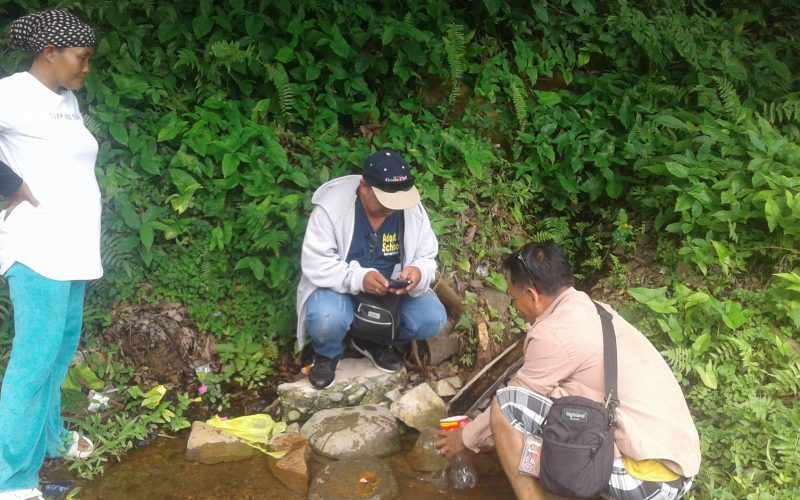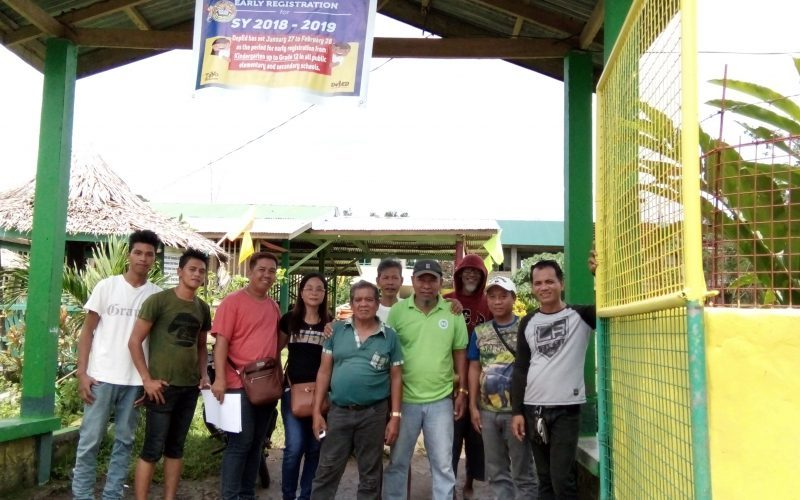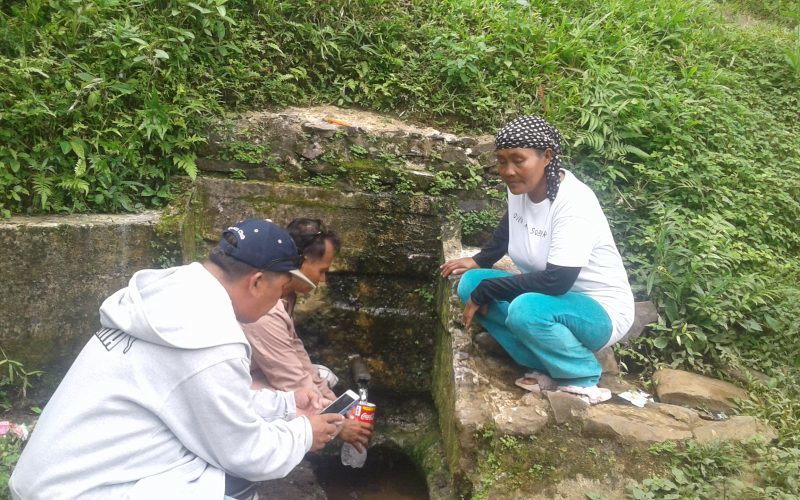By Jojo Fajardo, Green Empowerment Philippines Program Manager
Access to clean drinking water and sanitation facilities are foundational to leading a healthy and productive life. Yet, 8 million Filipinos currently live without clean water and over 25 million lack access to sanitation facilities. With support from the International Foundation, Green Empowerment will help two villages access these vital resources in Isabela City – a municipality located in the island province of Basilan in the Autonomous Region of Muslim Mindanao (ARMM), a conflict-affected region. The project will benefit an estimated 1,000 residents and a primary school, transforming daily life for families who currently walk to a distant spring to access water.Our team will work with community leaders to install a water system powered by both hydraulic ramp pump and gravity. The system will bring clean water to these communities through renewable energy-powered pumps, pipelines and a series of tap stands located in clusters of homes. To ensure sustainability of the system, two residents from each community will be trained as technicians who will operate and maintain the system. Once completed and operational, this system will be formally turned over and managed by the village council or the barangay LGU. Local government will ensure that the system’s water source remains protected.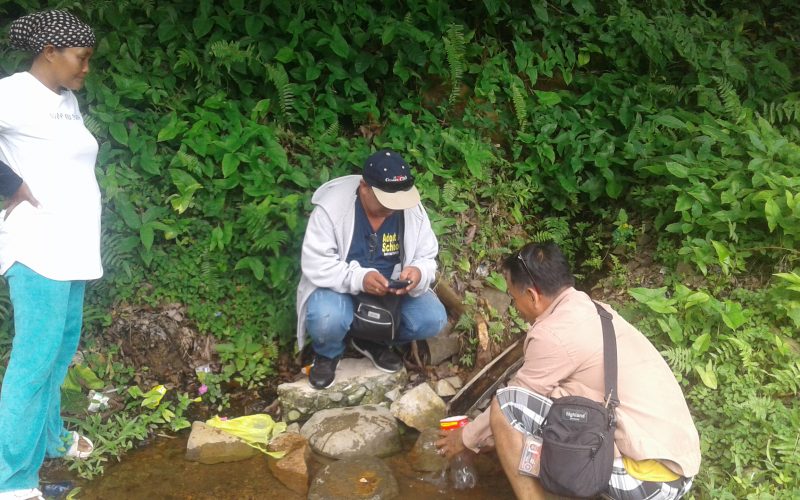
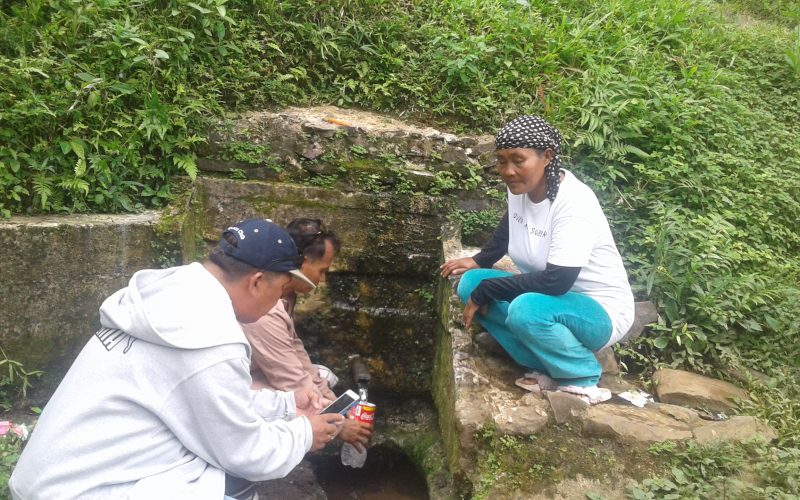
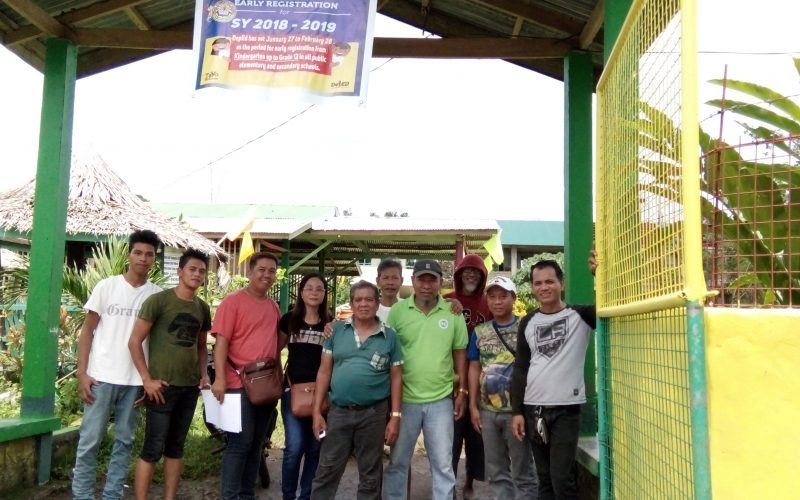 Photo 1: During an initial site assessment, our team measures water pressure with Mr. Joel Bansalan (Principal of Ismael Elementary School) and Hja. Miriam (Purok Leader). Photo 2: Our team and community leaders visit another water source site in the same location, Sitio Birada Ikong in Lower Maligue. Photo 3: After the site assessment, the group poses for a photo in front of Ismael Elementary School.
Photo 1: During an initial site assessment, our team measures water pressure with Mr. Joel Bansalan (Principal of Ismael Elementary School) and Hja. Miriam (Purok Leader). Photo 2: Our team and community leaders visit another water source site in the same location, Sitio Birada Ikong in Lower Maligue. Photo 3: After the site assessment, the group poses for a photo in front of Ismael Elementary School.
In addition to the water system, we will construct sanitation facilities in schools and homes to improve community health. Teachers and village health workers will be trained to promote water, sanitation and hygiene (WASH) best practices to families and school children. Beyond measurable outcomes – like clean water and sanitation facilities – we hope that this project will contribute to peace-building efforts in the region. By increasing access to basic human rights, we hope communities will feel empowered to pursue other shared goals in the future.

